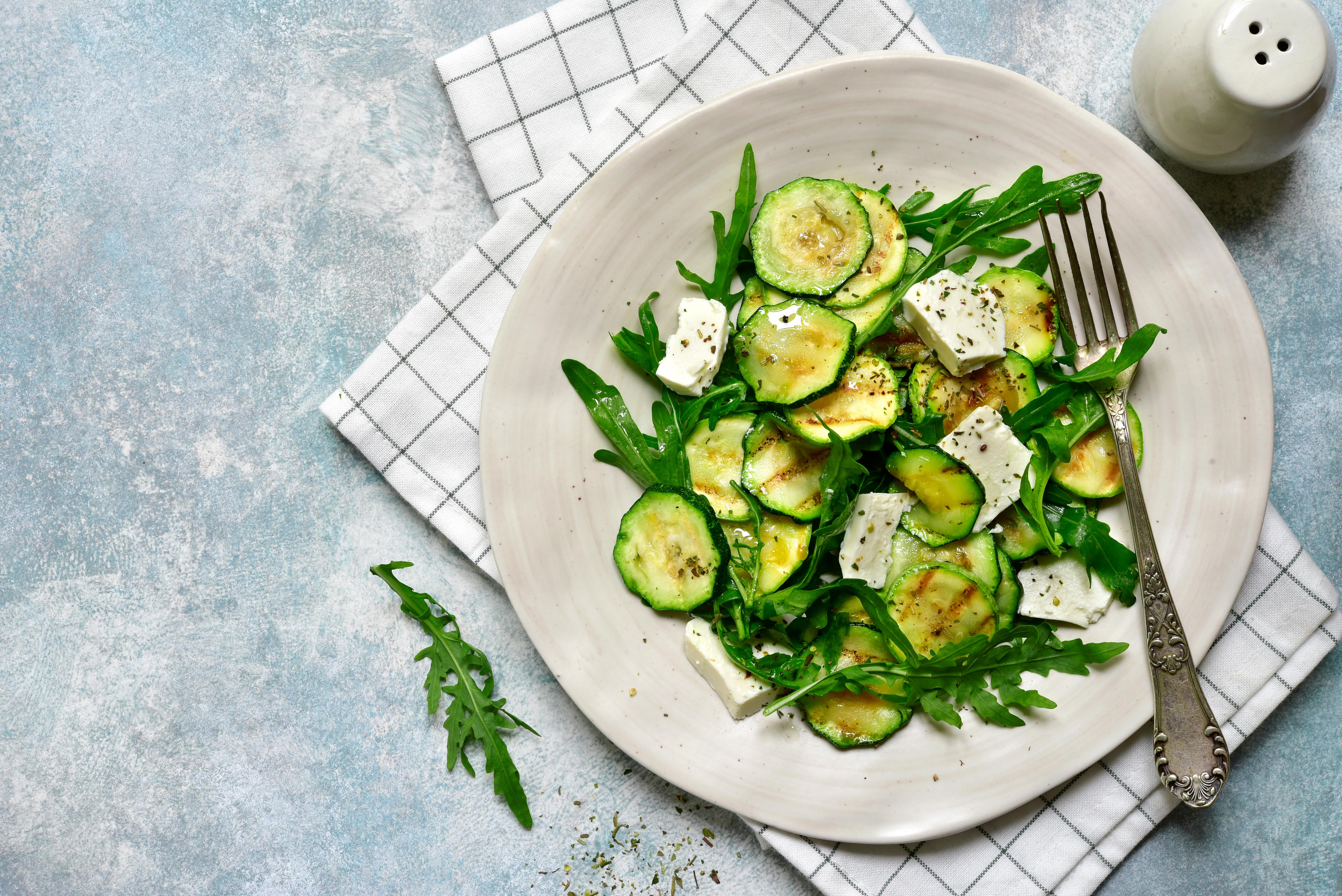
We're going to explore whether a low-calorie diet can help you put your type 2 diabetes into remission.
What is a low-calorie diet?
A low-calorie diet is where you eat around 800-1200 calories a day. A diet that is based on less than 800 calories a day is a very low-calorie diet.
Low-calorie diets work by limiting the amount of calories you eat so your body doesn't take in more calories than it needs to and can use up. If you eat more calories than your body needs, you will put on weight.
As a general guide, the government recommends that men need around 2,500 calories a day to maintain a healthy weight. And women need around 2,000 calories a day.
But most people need different amounts of calories based on how their bodies work, how much they move, and what their weight management goals are.
There are different ways you can eat less calories:
- Meal replacement diet of around 800 calories a day.
- Intermittent fasting diet – many people eat less calories when they limit when they eat.
- A calorie-controlled healthy balanced diet made up of foods high in nutrients like fruit and veg, lean meat, fish, beans, pulses, nuts, wholegrains like oats, brown rice and quinoa, and wholemeal bread and pasta. Healthier foods like these tend to have less calories than processed foods or foods high in saturated fat. So, by swapping processed food and food high in saturated fat for healthier alternatives, you're likely to eat less calories and lose weight.
Does a low-calorie diet work for type 2 diabetes remission?
Low-calorie diets are used in the weight management programme that’s been shown to work to help many people put their type 2 diabetes into remission.
For the first 12 weeks of the programme, people follow a low-calorie total diet replacement plan, replacing all meals with soups and shakes. The total daily intake is around 800 calories.
After these 12 weeks, people gradually replace these products with healthy meals of around 800-1200 calories a day.
Evidence shows that this approach gives you the best chance of losing weight through diet, which is the key to going into type 2 diabetes remission for many people.
But, there are many ways to lose weight through changes to your diet. And people have told us that they have gone into remission by reducing their calorie intake through different ways of eating, including:
- a healthy low-calorie diet without using formula products, just regular healthy food
- a low-fat diet
- the Mediterranean diet
- intermittent fasting.
"After inserting all my details about my age, height, and how active I was, the app worked out I had to consume only 1,200 calories a day. Entering each and every item I ate, I found that some of the food I was eating was extremely calorific and it didn't fill me up at all! In late 2018, I went into remission. I was so happy." - Read Fatima's story
Is a low-calorie diet right for me?
Losing weight starts with finding a way to eat fewer calories than you need but there is no one-sized-fits-all diet to do this.
Whatever way you choose to follow a low-calorie diet, it’s important that you make sure you’re getting enough vitamins and minerals in the foods you eat. Your healthcare team can help you make sure your diet is well balanced.
It’s especially important to speak with your diabetes healthcare team before making any significant changes to your diet if you take insulin or other diabetes medications. Find out more about why this is important.
Where can I go for more information?
- Your health care team can help you decide what low-calorie diet approach is safe and best for you.
- You can find more information on low-calorie meal replacement plans and intermittent fasting on our diet approaches page.
- If you're interested in the low-calorie weight loss programmes for remission, visit our support for type 2 diabetes remission guide to see if there is a programme available where you live.
- We have calorie and carb counted, nutritionally balanced meal plans available on our food pages. Our recipe finder has lots of ideas for healthy, balanced meal ideas too.
